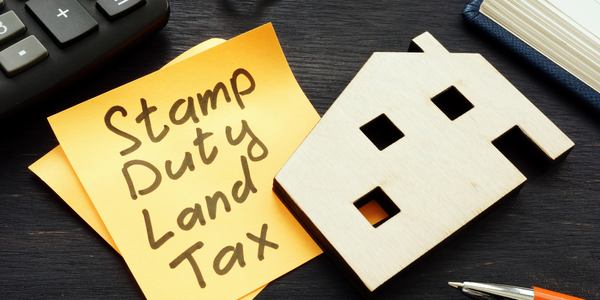Interest rates in Australia are on the way up and understandably that’s a big concern for homeowners. Especially those facing interest rate hikes right before refinancing or settlement. One way to protect against interest rate rises, if you’re preparing to refinance to a new lender or set up a new loan, is to rate lock. Rate locking your fixed interest home loan for a set period of time before your loan application is completed, means you get the interest rate you were offered when you applied rather than what’s available at settlement time.

What is a rate lock?
Sometimes the home loan deal a borrower is offered is no longer available by the time their application is approved, because interest rates have changed. A rate lock protects from fluctuating interest rates, letting you lock in the rate you get quoted while you work through the process to refinance to a new lender or buy your new home.
With a rate lock, the lender agrees to lock in a rate that’s been offered for a stated period of time, guaranteeing that the rate will remain unchanged even if interest rates fluctuate.
How long does a rate lock last?
Rate locks differ from lender to lender, but typically lenders will rate lock from 30 to 60 days, which is usually enough time for the borrower to submit an offer and settle on their new home or refinance their existing loan to their new lender.
When should you rate lock?
If you’re setting up a new home loan or refinancing to another lender – and it’s expected to take a little longer than usual – it may be worthwhile locking in your rate, especially if interest rates are rising or fluctuating often. Otherwise you may end up with a higher interest rate at settlement time, instead of the interest rate deal you got when you applied.
Is there a cost to rate lock?
Rate locking fees differ from lender to lender, but typically you can expect to pay around 0.2 per cent of your loan amount or a flat fee that’s proportional to your loan amount. Some lenders may also let you get a lower rate if interest rates drop.
What are the drawbacks?
The mains things to be aware of when rate locking are:
- Weigh up the cost to rate lock against potential saving in interest rates.
- If your loan application is denied, the rate locking fee may be non-refundable.
- Some lenders don’t offer a lower interest rate if interest rates drop once you’ve locked in your rate so you could lose out on savings.
- Get clear on your lender’s rate lock rules and check how changes to your loan could impact your rate lock.
Get the right advice before you rate lock
With interest rates rising, it makes sense to rate lock and get peace of mind knowing that you’ve locked in the best interest rate available to you. But there is a cost charged by lenders, so it pays to check if it’s going to save you money in the long run. Before you rate lock, get the right advice – talk to a Mortgage Express broker who can help you make informed decision about your financial future.
While all care has been taken in the preparation of this publication, no warranty is given as to the accuracy of the information and no responsibility is taken by Finservice Pty Ltd (Mortgage Express) for any errors or omissions. This publication does not constitute personalised financial advice. It may not be relevant to individual circumstances. Nothing in this publication is, or should be taken as, an offer, invitation, or recommendation to buy, sell, or retain any investment in or make any deposit with any person. You should seek professional advice before taking any action in relation to the matters dealt within this publication. A Disclosure Statement is available on request and free of charge.
Finservice Pty Ltd (Mortgage Express) is authorised as a corporate credit representative (Corporate Credit Representative Number 397386) to engage in credit activities on behalf of BLSSA Pty Ltd (Australian Credit Licence number 391237) ACN 123 600 000 | Full member of MFAA | Member of Australian Financial Complaints Authority (AFCA) | Member of Choice Aggregation Services.





